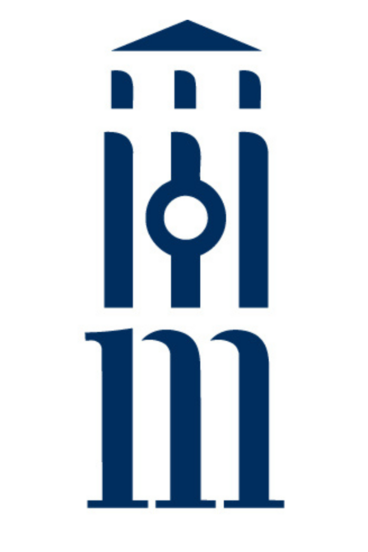The Performance Apparatus
On Ideological Production of Behaviors
How aesthetic performance can provide insights into the ideological creation and dissemination of behaviors
Description
The publication of Louis Althusser’s 1969 article “Ideology and Ideological State Apparatuses,” made a deep impact on cultural studies and was instrumental in the formation of the apparatus theory in film studies. While contemporaneous with the emergence of performance art, this article and the questions of ideology and apparatus it raises barely registered in the field of performance studies, which was then in its formative phase. Jakovljević takes this absence of Althusser’s apparatus theory from performance studies as an indicator of the ideological position of the field at the moment of its emergence, arguing that, while theories of ideology played no major role in the early performance studies, performance art itself offered a number of incisive critiques of ideology. Jakovljević looks at permutations of the apparatus by investigating the work of theorists such as Louis Althusser, Michel Foucault, Gilles Deleuze, and Judith Butler, and engagements with the apparatus by a number of artists, such as Amiri Baraka, Philippe Thomas, New York Art & Language, Terry Fox, Every House has a Door, Clive Robertson, and Cassils.
Jakovljević suggests that the centrality of behavior in early performance theory is important for the understanding of contemporary society, which is dominated by surveillance capitalism. If ideology is lodged in behaviors, and if surveillance capitalism thrives on the monetization of the behavioral surplus, then performance theory can make significant contributions to our understanding of the moment in which we live and the future we are facing. The Performance Apparatus argues for the importance of continuing attention to the question of ideology in contemporary, neoliberal order, which has been uniquely effective in concealing its ideological underpinnings.
Branislav Jakovljević is Professor of Theater and Performance Studies at Stanford University and is author of Alienation Effects: Performance and Self-Management in Yugoslavia, 1945–91.

